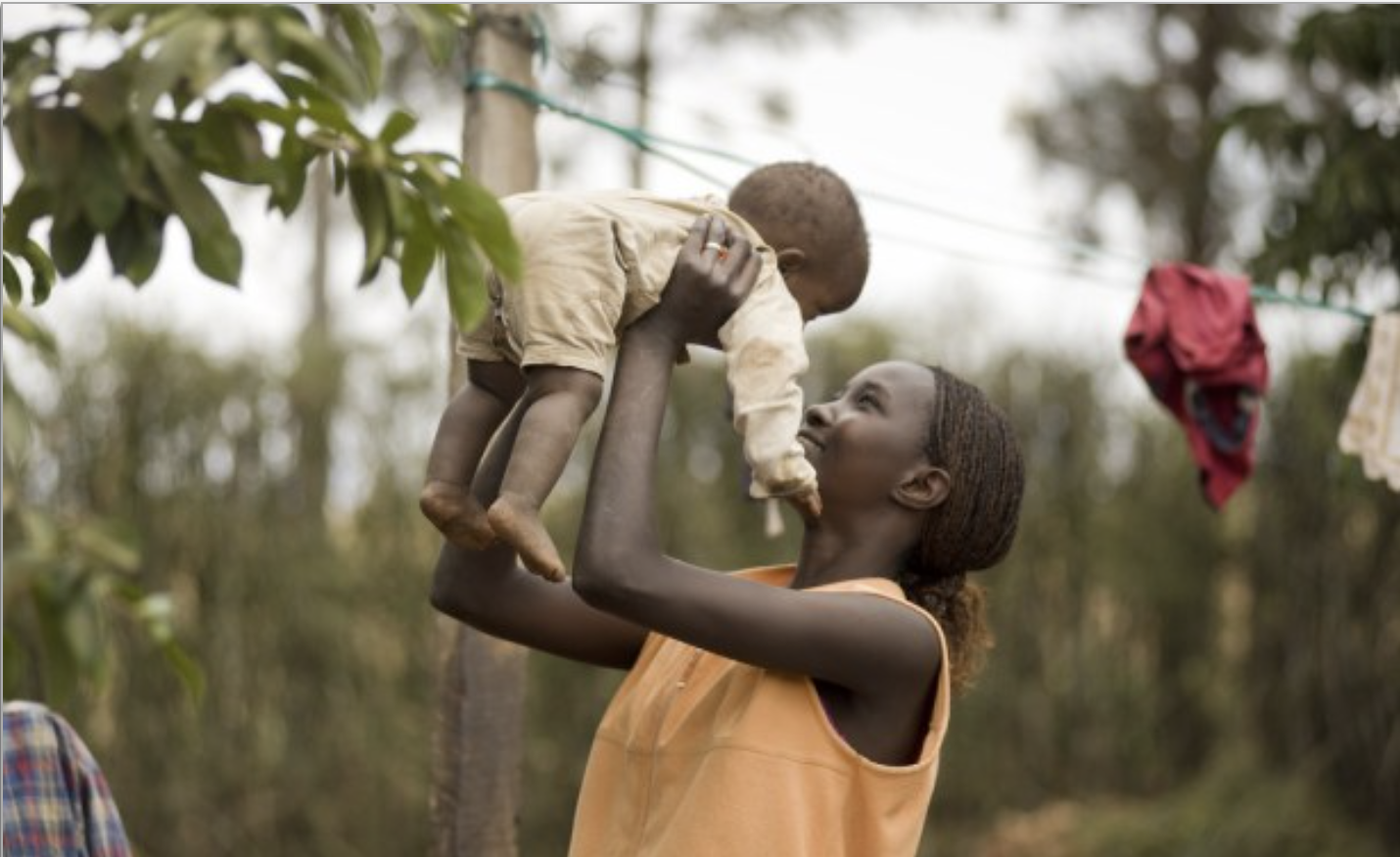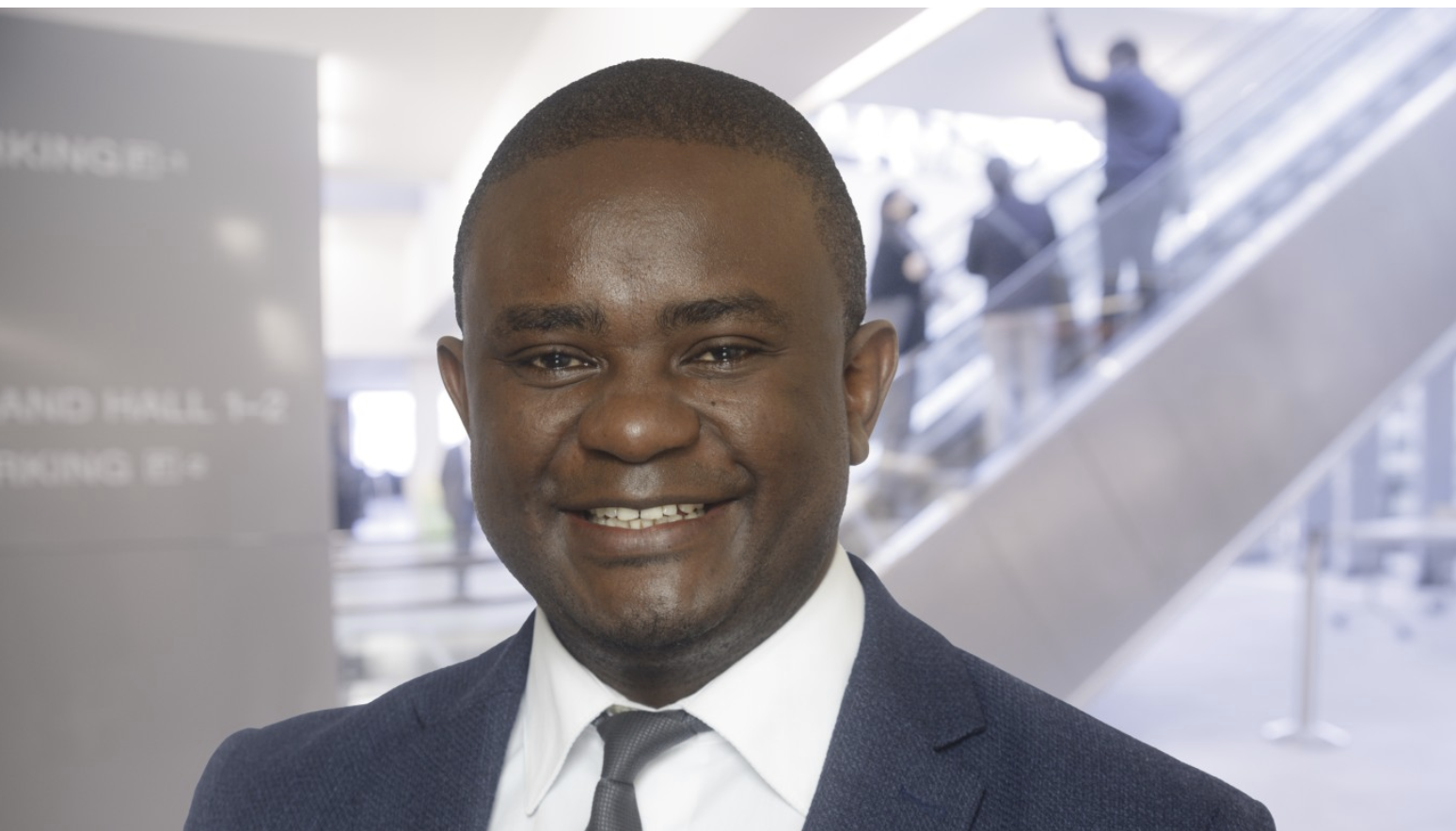 A mother plays with her young son in the Kenyan village of Mwea. Photo/Gates Foundation.
A mother plays with her young son in the Kenyan village of Mwea. Photo/Gates Foundation.
The Gates Foundation has announced a record-breaking $2.5 billion (KSh322.5 billion) investment over the next five years to advance women’s health research and development.
This is the largest commitment of its kind in history, and Kenya is expected to be a significant beneficiary of the initiative.
The initiative will fund more than 40 innovations focused on improving the health of women and girls across low- and middle-income countries.
The announcement was made on August 4 during a global media briefing hosted by the Foundation. The funding will accelerate research in five key areas: maternal health, menstrual and gynaecological health, nutrition and gut health, contraceptive innovation, and sexually transmitted infections.
The Foundation said the new commitment aims to correct chronic underinvestment in women’s health. According to Dr Anita Zaidi, president of the Foundation’s Gender Equality Division, just one per cent of global health research funding has historically been allocated to female-specific conditions outside of cancer.
“The main barriers to investment have been that women’s health has long been ignored, and has not been seen as an area that is worthy of investment. The male body was the default answer. It’s been a blind spot in medical and bioscience research, with the result that only one per cent of funding, that is if we just leave out cancer, is directed to women’s health R&D, for conditions that specifically affect women,” she said.
Dr Zaidi said the funding will go to areas that are the most underfunded and have the most burden associated with them.
“These are areas that have three things in common. They are very ignored for funding from an R&D perspective. They have a huge burden around the world. And in the next five years, we feel that there are innovations that can be accelerated to make these available and accessible to women around the world. That is why these are the five areas that we have chosen.”
 Bill Gates is the chair of the Gates Foundation. The funding aims to correct chronic underinvestment in women’s health
Bill Gates is the chair of the Gates Foundation. The funding aims to correct chronic underinvestment in women’s health
Dr Moses Obimbo, a University of Nairobi professor and clinician-scientist who spoke at the event, welcomed the announcement as a breakthrough moment for Kenya and the region.
“This is very good news to me, and this is a good starting point, especially as an African researcher,” he said. “Where we come from, in low- and middle-income countries, women’s health is really facing a staggering crisis—from adolescence all the way to menopause.”
He emphasised that conditions such as postpartum haemorrhage (PPH), preeclampsia, and gestational diabetes remain major causes of maternal death in Kenya. “In 2023 alone, about 182,000 women globally were lost due to pregnancy-related complications. Excessive bleeding after childbirth accounted for about 40 per cent of these deaths,” he noted.
In Kenya, Dr Obimbo said, nearly 3,000 women die annually from PPH, yet simple innovations could make a difference. One such tool already being introduced is a low-cost V-shaped drape that measures blood loss during childbirth more accurately than visual estimates. This tool, according to the Foundation, is already being adopted in places like the Mayo Clinic in the US and is now being brought to market in Kenya and other countries.
Dr Zaidi also highlighted the use of AI-enabled portable ultrasounds, which can be plugged into a mobile phone and operated by trained health workers without the need for radiologists. “This could be a game-changer,” she said. “Any primary healthcare worker could do an obstetric ultrasound in the future. We think that future will be here very soon.”
Dr Obimbo confirmed that these devices are already being deployed in Kenya. “In Kenya, for example, we’re now deploying point-of-care ultrasounds that are AI-enabled. If adopted in primary healthcare facilities, they will significantly improve maternal health indicators,” he said.
 Dr Anita Zaidi, president
of the Foundation’s Gender Equality Division.
Dr Anita Zaidi, president
of the Foundation’s Gender Equality Division.
Other technologies in the pipeline include IV iron infusions to reduce anaemia in late pregnancy, and a drug known as CPB-4888, currently in clinical trials, that targets preeclampsia—one of the deadliest conditions in pregnancy. This drug is specifically designed for high-burden contexts such as sub-Saharan Africa and South Asia.
The Foundation also pointed to a new hormonal IUD designed for long-term contraception (lasting 6–8 years) that will soon be launched in Kenya, Nigeria, and India. “It is meant to provide an effective, affordable, and user-centred contraceptive option,” the fact sheet notes.
Kenya is also playing a central role in vaginal microbiome research, a groundbreaking area that studies how microbial imbalances affect pregnancy outcomes, infection rates, and the likelihood of conditions like bacterial vaginosis. “We are trying to develop tools that will predict pregnancies at risk of preterm birth, stillbirth, or other complications,” said Dr. Obimbo. “We’ve had challenges with asymptomatic infections, especially in women who assume abnormal discharge is normal.”
He added that some of these diagnostics will be powered by AI and could be co-created with local communities. “There’s nothing for us without us,” he said. “Community co-creation must be part of these innovations.”
Dr. Ru-fong Joanne Cheng, director of the Foundation’s Women’s Health Innovations team, said the strategy is designed for real-world conditions in low-resource settings. “Women’s preferences should be prioritised within research and development decision-making,” she said. “Without robust user-centred data, innovation can miss its mark.”
 Dr Moses Obimbo, chairman of the department of human anatomy and medical physiology, University of Nairobi.
Dr Moses Obimbo, chairman of the department of human anatomy and medical physiology, University of Nairobi.In Kenya, for example, women in remote areas may not always have access to regular health facilities. To address this, the Foundation is supporting the development of a six-month self-injectable contraceptive, allowing women to manage their reproductive health privately and conveniently. “Maybe she’s going to her neighbourhood place where she picks up other items,” said Dr Cheng. “This option should be discreet, affordable, and accessible.”
Beyond product development, the Foundation is also investing in data systems, advocacy, and manufacturing to ensure these innovations reach those who need them most. According to Dr Zaidi, about 10 per cent of the $2.5 billion will go toward helping countries introduce products into their health systems, including training, procurement, and communications.
Kenya will also benefit from the Foundation’s collaboration with the Beginning Fund, a $500 million initiative launched earlier this year with other philanthropies and governments to ensure innovations are accessible to every woman delivering in sub-Saharan Africa.
Asked what success looks like in five years, Dr Zaidi said she will be looking at three outcomes: “One, how many of the 43 innovations are moving through clinical trials. Two, how many are actually reaching women? And three, whether we have fundamentally changed the global research system to centre on women’s health.”
Dr Obimbo added, “One investment in women’s issues is not just a women’s issue—it’s a humanity issue. No woman should die because of preventable causes.”











